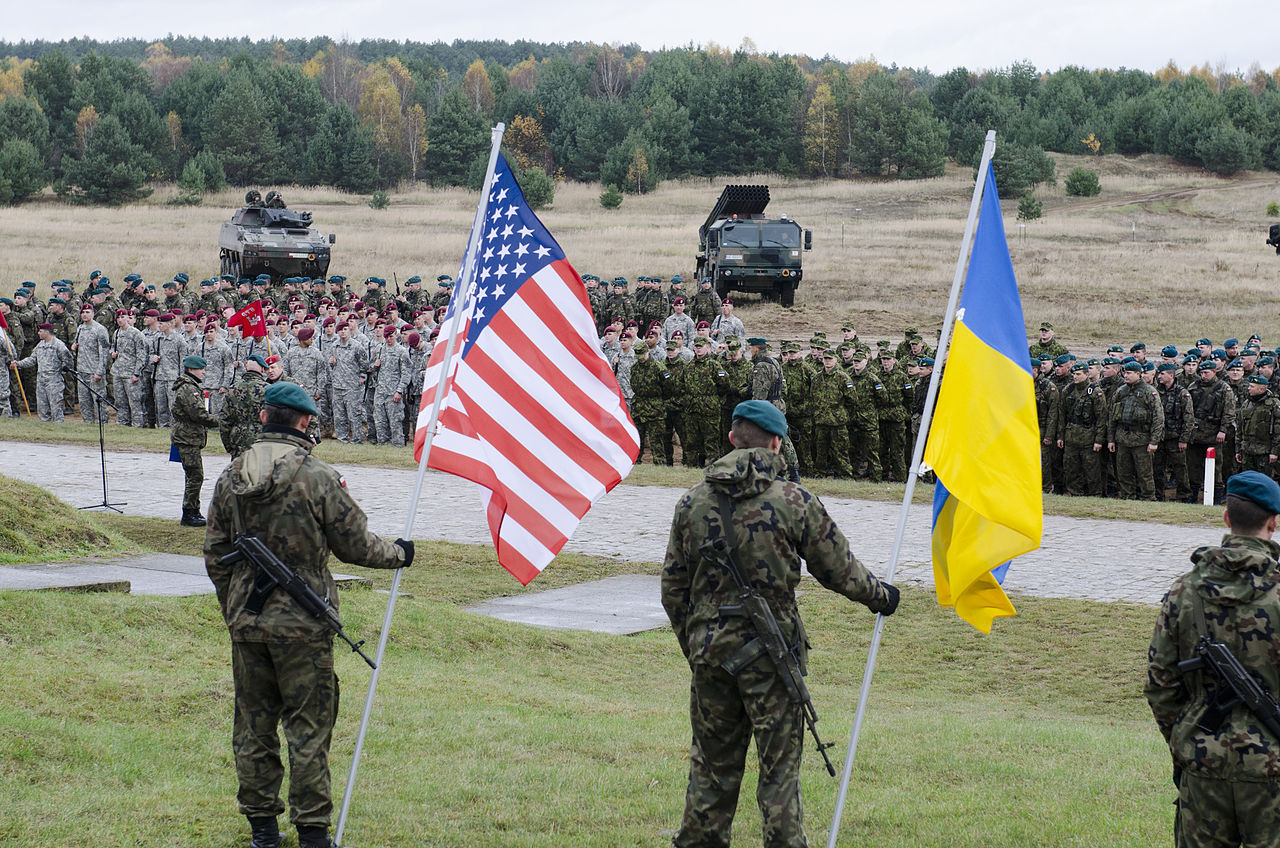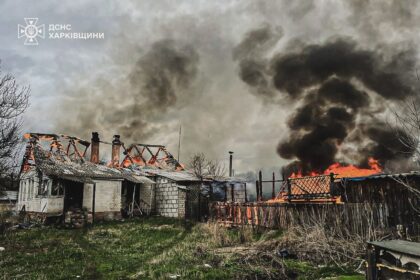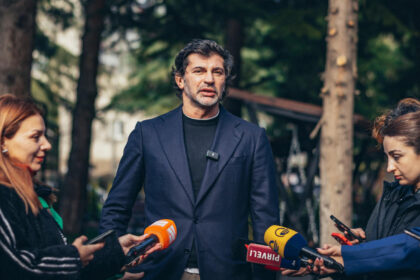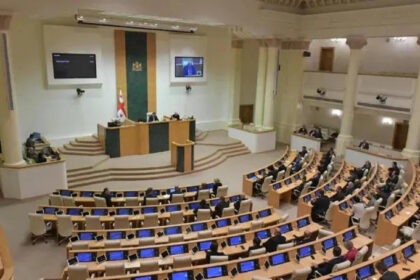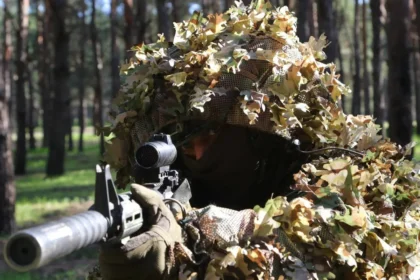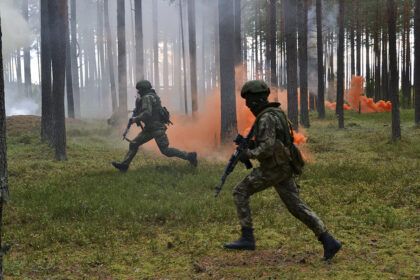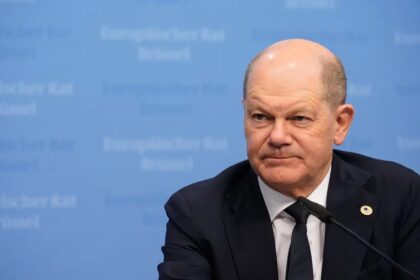**US Considers Reducing Military Presence in Europe Amid Russia Threat**
The United States is considering reducing its military presence on the European continent, despite the ongoing threat from Russia. According to Reuters, this decision has been sparked by concerns that Russia’s aggression towards Ukraine may not be the only challenge facing Europe.
Security experts and European leaders have long warned about the persistent threat of Russian military activity in the region. Even if a ceasefire or peace settlement is reached with Ukraine, the risk of further conflict remains high. In April, Russia’s Foreign Intelligence Service head, Sergey Naryshkin, accused NATO of escalating military activity near Russia’s borders, and warned that Poland and the Baltic states would be the first to suffer in the event of a war between Moscow and the Alliance.
The US plans to initiate talks with European allies on reducing its military presence in Europe later this year. According to Matthew Whitaker, the US Ambassador to NATO, no final decision has been made yet, but the process has the support of allies and will be organized within NATO frameworks. This move reflects the Trump administration’s position, which aims to accelerate a process that has been delayed for over 30 years.
Whitaker emphasized that the US remains committed to its alliance with Europe and will uphold its commitments as a member of NATO. “The United States is going to remain in this alliance, and we are going to be a great friend an a great ally,” he stated.
However, some experts have expressed concerns about the implications of reducing US military presence on European soil. Earlier, during high-level talks in Saudi Arabia, Russian officials explicitly demanded that Washington withdraw NATO troops from Eastern Europe as a precondition for “normalizing relations” and ending the war in Ukraine. This move has sparked fears that Russia may view a reduced US military presence as a sign of weakness.
In February, US Defense Secretary Pete Hegseth told NATO that “stark strategic realities prevent the United States of America from being primarily focused on the security of Europe,” but did not elaborate further. Whitaker also warned against restricting defense procurement to EU-only companies, stating that doing so would undermine NATO interoperability, slow down Europe’s rearmament, increase costs, and stifle innovation.
As tensions between Russia and the West continue to escalate, the implications of a reduced US military presence in Europe remain uncertain. One thing is clear: the region will need to be vigilant in maintaining its security and stability in the face of ongoing threats from Russia.
Read More @ euromaidanpress.com




